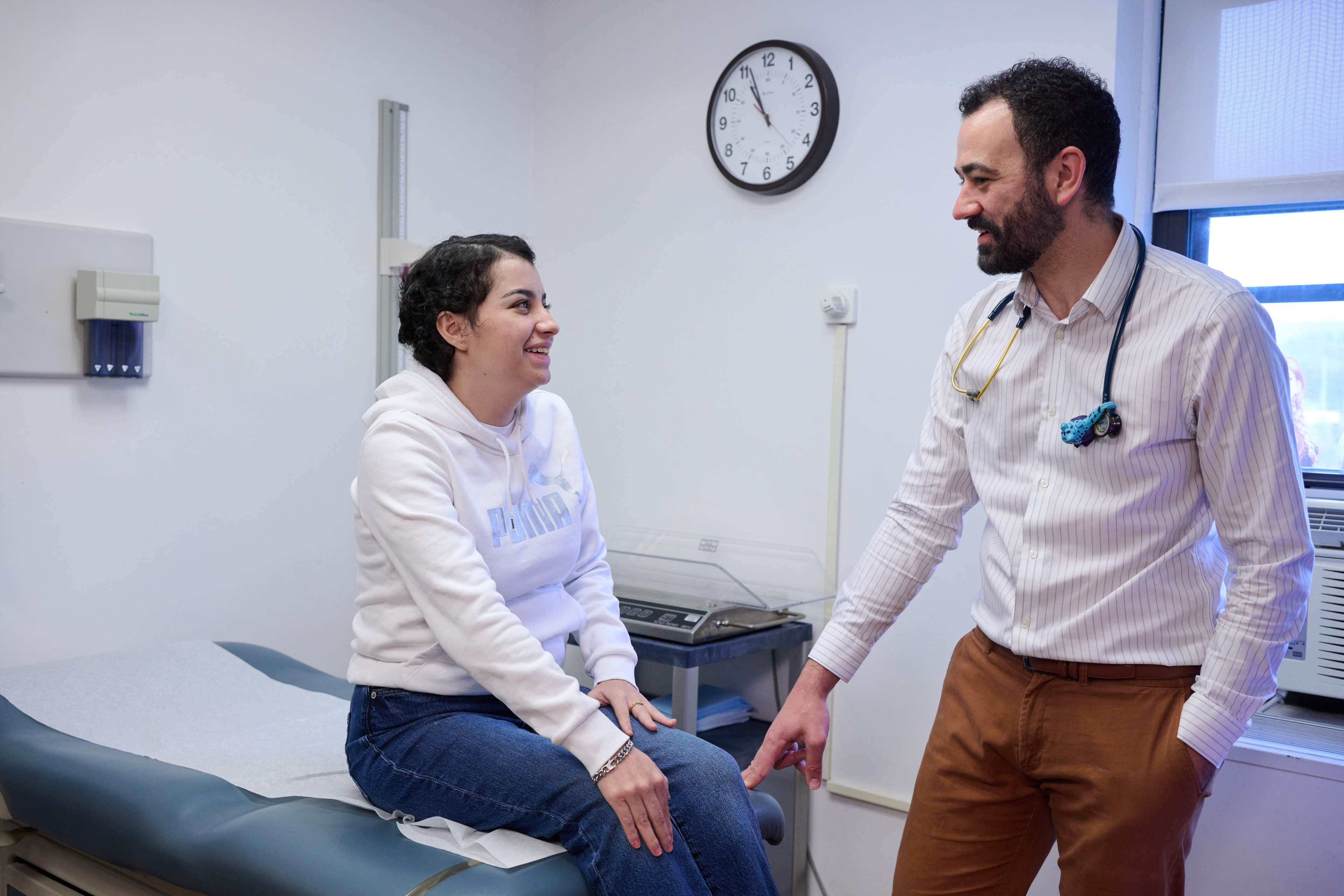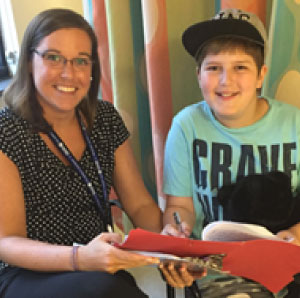Survivorship Program

As medical science allows us to become more proficient at saving the lives of these children, the need for long-term follow up and support in adolescence and adulthood has grown. Approximately two out of three children experience at least one long-term side effect of treatment, which can include physical damage, learning difficulties and emotional problems. These side effects may affect any organ depending on the primary type of cancer the child was treated for and the treatment the child received. That could mean damage to the heart, lungs, kidneys or sexual organs. Ongoing psychological and educational problems can also continue to impact someone who has overcome a childhood illness. Our experts help navigate these problems and potential challenges from identifying long-term health care solutions to working out complications with health insurance and the job market.


